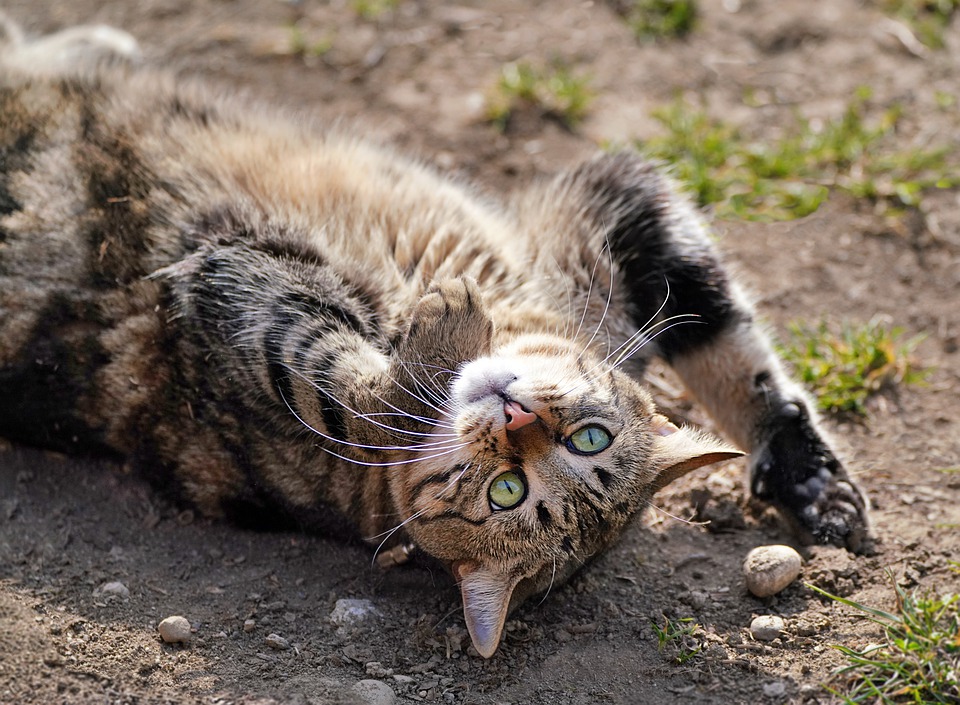**The Importance of Regular Veterinary Care for Cats**
*Heading 1: Why Regular Veterinary Care is Crucial for Your Cat’s Health*
Introduction:
Regular veterinary care plays a vital role in maintaining the overall health and well-being of your feline companion. Just like humans, cats require preventive healthcare to detect and prevent potential health issues before they become serious. By taking your cat for regular check-ups and following the recommendations of your veterinarian, you can ensure that your furry friend leads a long and healthy life.
Sub-heading 1: Detecting and Preventing Health Issues Early On
Regular check-ups with a veterinarian are essential for identifying and addressing any potential health problems in your cat. Through physical examinations, blood tests, and other diagnostic procedures, veterinarians can detect early signs of diseases such as kidney disease, diabetes, and cancer. Additionally, these check-ups allow for the timely administration of vaccinations and preventive medications, protecting your cat from common and potentially life-threatening illnesses.
Sub-heading 2: Monitoring Your Cat’s Physical Health
Veterinary exams provide an opportunity to assess your cat’s physical condition. Your veterinarian will check your cat’s weight, body condition, and overall appearance to ensure they are maintaining a healthy weight. Proper weight management and nutrition are crucial for preventing obesity and related health issues in cats. Your veterinarian can provide recommendations on appropriate diets and feeding schedules tailored to your cat’s specific needs.
Sub-heading 3: Maintaining Optimal Dental Health
Dental health is often overlooked but is crucial for a cat’s overall well-being. Regular dental check-ups can help prevent dental diseases such as periodontal disease, which can lead to pain, tooth loss, and even systemic health problems. Veterinarians can perform dental cleanings and recommend dental care routines to keep your cat’s teeth and gums healthy. They may also identify any dental issues that require further intervention.
Sub-heading 4: Preventing Parasitic Infestations
Parasites, such as fleas, ticks, and worms, pose a significant risk to your cat’s health. Regular veterinary care ensures that your cat receives appropriate preventive treatments to protect against these infestations. These treatments not only help keep your cat comfortable and itch-free but also prevent the transmission of diseases carried by parasites. If your cat does become infested, timely veterinary care can effectively treat and eradicate the parasites.
*Heading 2: Addressing Common Concerns and FAQs about Regular Veterinary Care*
FAQ 1: How often should I take my cat to the veterinarian?
The frequency of veterinary visits depends on your cat’s age and health status. Kittens require more frequent visits to ensure proper growth and development. Adult cats generally benefit from annual check-ups, while senior cats or those with chronic health conditions may need more frequent visits. Consult with your veterinarian to establish an appropriate schedule for your cat.
FAQ 2: What can I expect during a routine veterinary check-up?
During a routine check-up, your veterinarian will conduct a thorough physical examination, checking your cat’s vital signs, eyes, ears, mouth, and overall body condition. They may also perform blood tests, fecal examinations, or other diagnostic procedures as needed. This comprehensive evaluation allows your veterinarian to detect any potential health issues and provide appropriate recommendations for your cat’s care.
FAQ 3: Are vaccinations necessary for indoor cats?
Even if your cat is primarily indoors, vaccinations are still crucial. Indoor cats can still be exposed to diseases through contact with other animals, open windows, or even on your clothing. Vaccinations protect against common and potentially deadly diseases such as rabies, feline leukemia virus, and feline calicivirus. Consult with your veterinarian to determine the appropriate vaccination schedule for your indoor cat.
FAQ 4: How can I prepare my cat for a veterinary visit?
Reducing stress and anxiety before a veterinary visit is essential for both you and your cat. Familiarize your cat with their carrier and make it a comfortable and safe space. Gradually introduce your cat to the vet’s office by taking short visits for positive experiences, such as treats or playtime. Additionally, consider using calming aids, such as pheromone sprays or natural remedies, to help alleviate anxiety.
FAQ 5: What are some signs that my cat may be unwell and requires immediate veterinary attention?
Signs that your cat may be unwell and require immediate veterinary attention include changes in appetite, sudden weight loss or gain, increased thirst, lethargy, changes in litter box habits, vomiting, diarrhea, difficulty breathing, or any visible lumps or wounds. If you notice any concerning signs, it is crucial to seek veterinary care promptly to ensure timely diagnosis and treatment.
Conclusion:
Regular veterinary care is essential for maintaining the health and well-being of your cat. By detecting and preventing health issues early, monitoring physical health, maintaining dental health, and preventing parasitic infestations, you can ensure that your feline companion enjoys a long and healthy life. Remember to consult with your veterinarian for personalized advice and recommendations tailored to your cat’s specific needs. Prioritizing preventive healthcare for your cat will contribute to their overall happiness and longevity.








